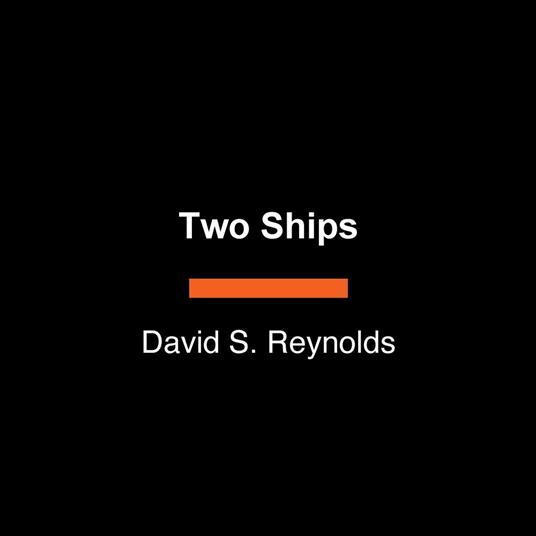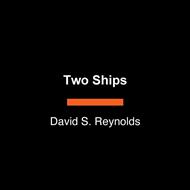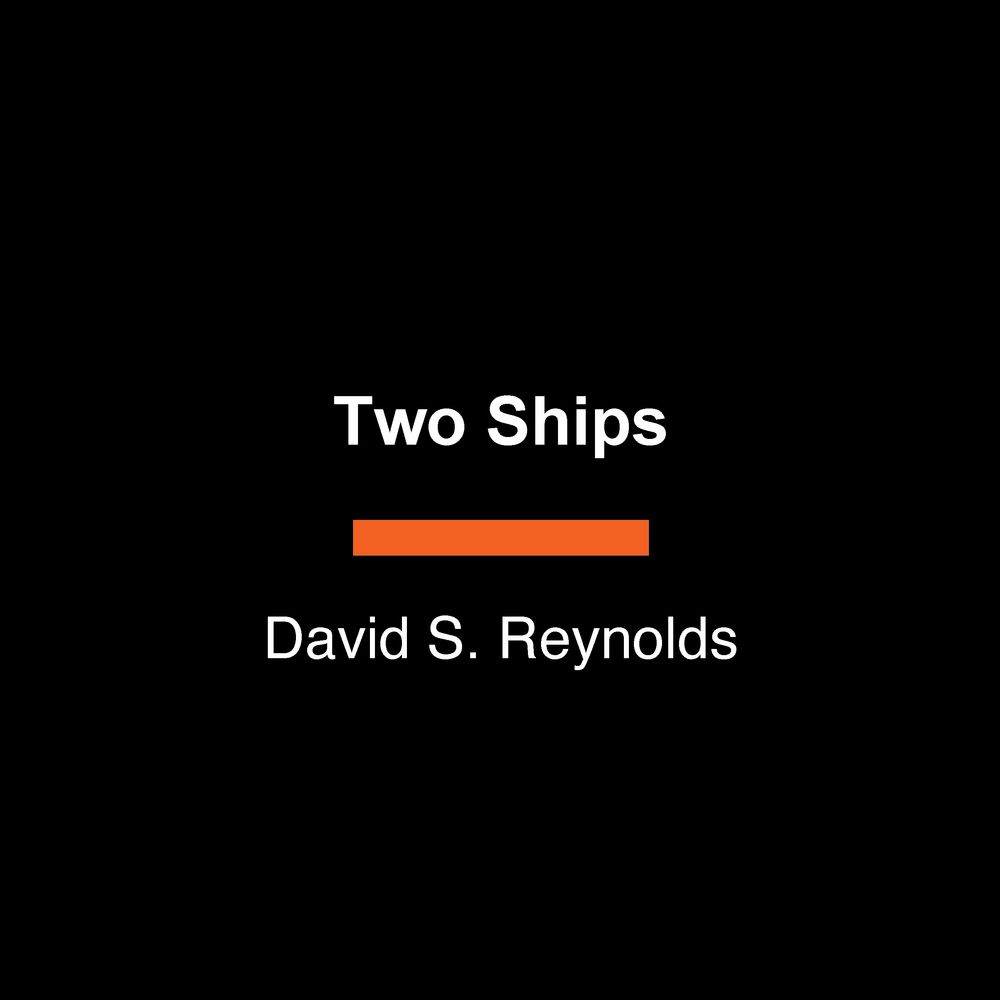Two Ships
A revelatory history of American division through the prism of two ships, whose widespread use to define that division has been lost to memory despite their enduring legacy In the bitterly polarized decades leading up to the American Civil War, it was commonplace to argue that America’s strife could be traced back to the arrival of two ships, less than a year apart—The White Lion, which brought the first enslaved Africans to Jamestown in 1619, and the Mayflower, which brought the Pilgrims to Plymouth Rock in 1620. In a deeper sense, David S. Reynolds shows us, in this magnificent book, those two ships, invoked by Frederick Douglass and many others, stood for two quite distinct realities: the Puritans and the Cavaliers, names and ideologies born in the bloodshed of the English Civil War. The Virginia colony, founded by royalists, was steeped in the ideas of divine right, which flowed down in rigid patriarchal hierarchies. Plymouth Colony’s dissenters to the king and his church, while hardly perfect, carried the seeds of a more egalitarian political vision. These two ships of 1619 and 1620 played a key role in the battle of images and words that marked the roiling fight, and then war, over slavery. As Reynolds shows, there was a long stretch of time in America when everyone knew what Cavaliers and Puritans meant. It was North versus South, but more deeply, it was about whether social hierarchy was the natural order of things. But then, as America descended into the long night of Jim Crow, the metaphor of the two ships went to sleep as well. The meaning of the Mayflower and of Thanksgiving changed as they became mainstream, apolitical ideas. If the ships’ status as cultural touchpoints before the Civil War tells us something vital about that conflict, their forgetting afterward tells us much about why the road to true equality has proved so stony. By dredging up these two ships’ dueling images, the great David S. Reynolds enables us to make the same use of them that Frederick Douglass and his contemporaries did—to challenge us, and to give us hope that we are up to the task.
-
Autore:
-
Durata in (hh:mm:ss):13:00:00
-
Anno edizione:2026
-
Editore:
Formato:
Gli Audiolibri venduti dal nostro sito sono in formato MP3 e protetti da un DRM proprietario Kobo.
Compatibilità:
Gli Audiolibri venduti dal nostro sito possono essere ascoltati sul tuo smartphone o tablet tramite la APP gratuita Kobo Books scaricabile da iOS o Android. Gli Audiolibri non possono essere scaricati in locale o trasferiti su un client di ascolto diverso da quello fornito tramite Kobo. Non è possibile ascoltare gli audiolibri con la Kobo APP Desktop. Puoi ascoltare gli Audiolibri tramite determinati eReader Kobo, utilizzando cuffie o casse con Bluetooth. Visita la pagina degli eReader per avere maggiori dettagli.
Cloud:
Gli Audiolibri venduti singolarmente dal nostro sito sono immediatamente sincronizzati sul tuo account personale in automatico. Successivamente all'acquisto, sono subito disponibili all'ascolto tramite i client di lettura Kobo compatibili.
Clicca qui servissero ulteriori informazioni



